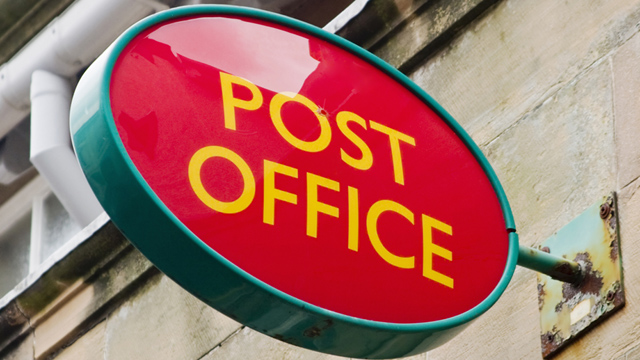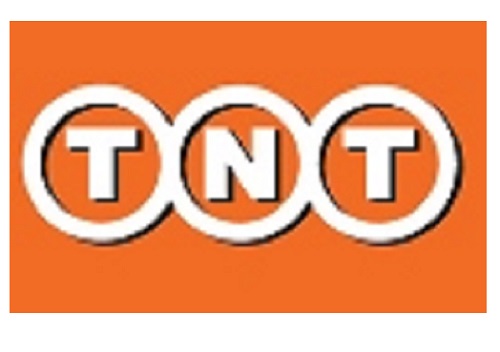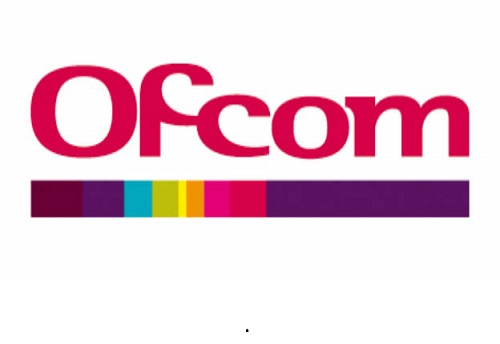
The accent is on change for the sake of change
BY TOM UTLEY
Section: Features
Sub-Section:Leading Article
Customers of the Post Office think that Consignia is a "modern and
meaningful"
name. So, anyway, the company's directors assured us yesterday, when they
announced their intention of changing the name of the Post Office's
corporate
business to Consignia later in the year. If they had asked you or me, I am
sure
that we would have told them that the name, with its suggestion of Latin,
sounds more ancient than modern. We would also have pointed out that it is
meaningless. But perhaps "ancient and meaningless" doesn't have quite the
same
ring to it as "modern and meaningful". According to my dictionary,
consignia
doesn't mean anything, even in Latin. The nearest word is consignare: "to
furnish with a seal, to affix, to put one's seal to, to sign, to
subscribe".
The adverb consignate means "in a distinct manner, plainly, distinctly",
and
the noun consignatio means "a written proof, a document". But consignia
doesn't
appear at all. John Roberts, chief executive of the Post Office, suggests
that
the name owes something to the English word "consign", which itself
derives
from the Latin. "The new name describes the full scope of what the Post
Office
does in a way that the words `post' and `office' cannot," he says. "To
consign
means `to entrust to the care of' – which is what each of our customers
does
every day." A nice try. But I have done a little market research of my
own, and
nobody I spoke to yesterday said that the name conjured up thoughts of
consignment. The suggestion that I liked best was that Consignia sounded
like
"a fat, rich Italian woman with big flashy rings and facial hair – not the
sort
of person whom I would trust to deliver a letter". My own suggestion is
that
Consignia derives from "con" – the colloquial English abbreviation of
"confidence trick" – and "insignia", meaning badges, or distinguishing
marks. I
suspect that whoever it was who was told to come up with a new
distinguishing
name for the Post Office realised subconsciously that he was engaged in
conning
the public. I know that the Post Office has sensible reasons for wanting
to
change the name of its corporate business. The company does an awful lot
more
these days than simply delivering the post. As Mr Roberts said yesterday,
it is
also engaged in financial services, telecommunications, home shopping,
utilities, advertising and marketing. Mr Roberts may also have a point
when he
says that "the Post Office" is a generic term, which cannot be legally
protected and does not distinguish the company from other national postal
services – although I would have thought that any confusion abroad could
be
cleared up simply by adding the word "British" to the company's title. I
realise, too, that the Royal Mail will not be changing its name, and nor
will
there be any changes to shop fronts or postal workers' uniforms. So we
will not
be expected to say: "I'm just popping down to Consignia for a book of
stamps."
Perhaps, therefore, it is silly of me to get hot under the collar. But I
know
that I am not alone in finding it irritating whenever an established
organisation decides to "rebrand" itself under a new name – and
particularly
when that new name is as daft as Consignia. I always feel that somebody is
trying to deceive us, or cover something up. Very often, that is precisely
what
the organisation in question is trying to do. When the name of the
Windscale
nuclear reprocessing plant was changed to Sellafield, for instance, it was
to
take our minds off all those embarrassing stories about leaks, with which
the
name Windscale had become inseparably associated. The only effect of that
was
to link the word "Sellafield"' with "leaks" in the public imagination.
When
Long Kesh prison in Northern Ireland acquired a bad name for itself, it
was
suddenly reborn as the Maze – and swiftly earned itself a bad reputation
under
that name, too. It strikes me that the Post Office has an awful lot to
hide. It
was bad luck that it announced its change of name on the very day when the
newspapers were full of stories about Jamie Bulger's murderers changing
their
identities. But can it be pure coincidence that it has made its decision
at a
time when first-class letters seem to be taking half a lifetime to reach
their
addressees? All name changes are bound to arouse such suspicions. These
days, I
sit seething with irritation whenever the advertisement appears on
television,
announcing that Andersen Consulting is changing its name to Accenture –
another
meaningless word, made all the more annoying by that infuriating little
">"
above the T.
I suppose that it is none of my business if the company wants to spend a
reported pounds 68 million on changing its name from a sensible one to a
stupid
one. But the new name makes me feel less, rather than more, inclined to
use its
services (not that I was ever likely to in the first place). I feel the
same
way about National Power's decision to call its United Kingdom operations
"Innogy", which is supposed to suggest innovation and energy, but just
looks
like a spelling mistake. So, too, does "Uniq", the name that Unigate took
after
selling off its dairy and cheese business. And what does "Centrica" mean,
for
heaven's sake? At least "British Gas" gave us a pretty good clue to the
company's main line of business. Companies such as these would inspire a
great
deal more trust if they had the honesty to trade under the names by which
they
have become known. So what if the Post Office is no longer concerned
solely
with the post? A company's name does not have to tell us everything about
it –
but "Consignia" tells us precisely nothing. On that last point, let me say
that
it gives me great pleasure to be writing this column in The Daily
Telegraph – a
newspaper named after the very last word in modern communications
technology
when it was founded in 1855, and which has resolutely refused to change
its
name ever since.
DAILY TELEGRAPH, 10th January 2001













